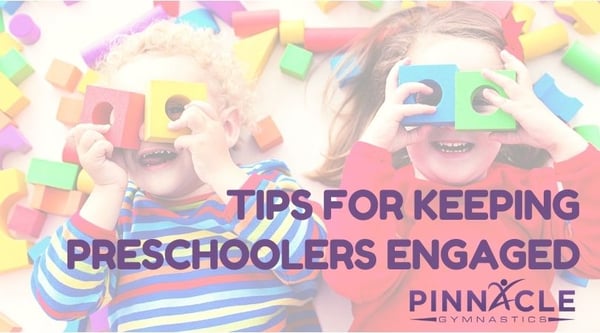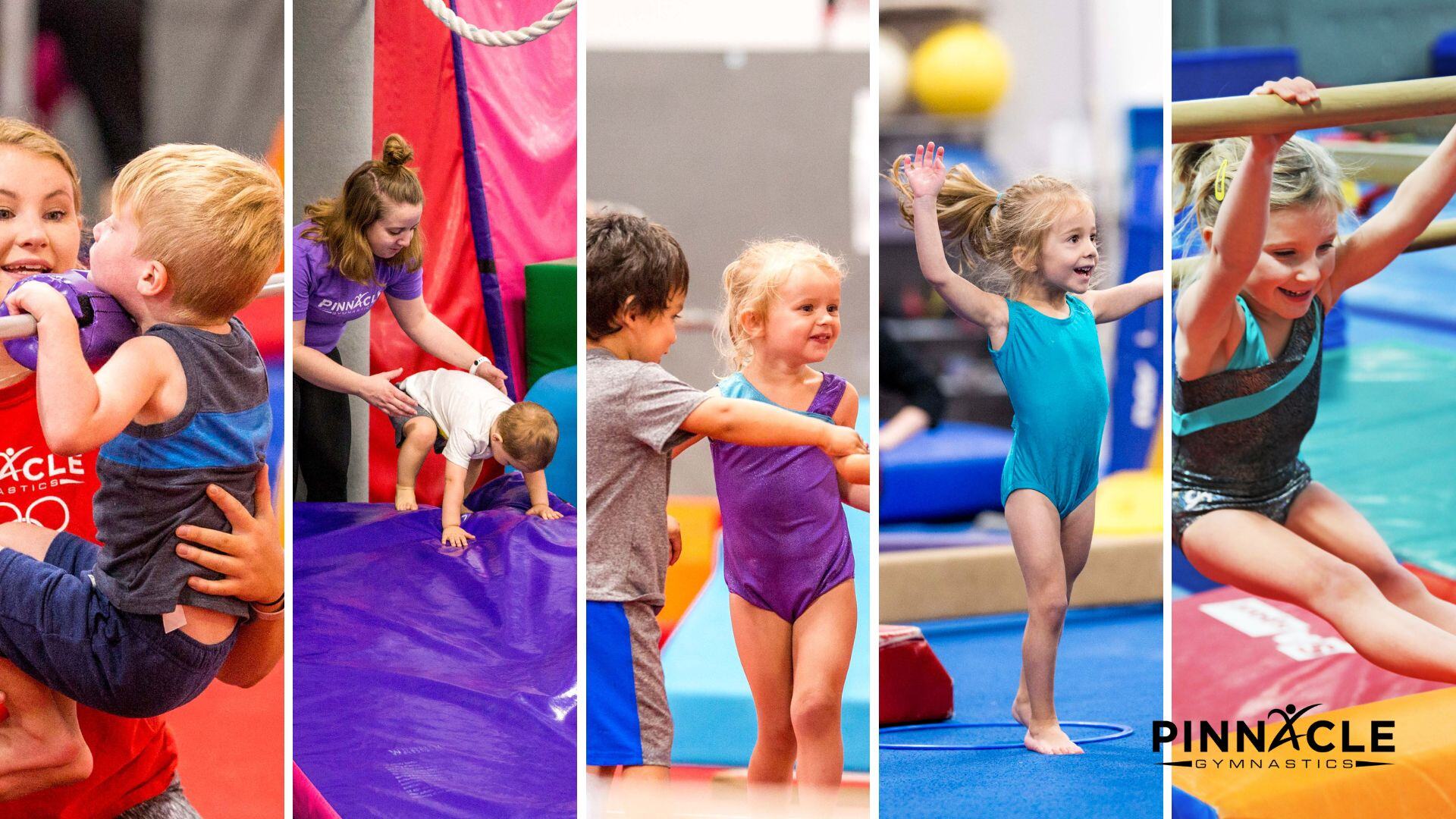As parents, we've all been there with our children, trying to keep them engaged and listening. And sometimes, it can naturally get frustrating. The thing is, you know that whether your child is 18 months or 3 years old, it's developmentally appropriate for your child to have a short attention span and immature communication skills.
You also know that at this age, your child is exploring her independence and what better way than to ignore what mommy has to say. Believe it or not, it can be easier than you think to capture and keep your child's attention. These tips can be very helpful for older children as well.

1. Keep it simple
I use this tip even when dealing with my teenage children. No matter what, the longer I talk and "lecture" the more apt I am to lose my child's attention. I can just see the glossy, zoned-out look in their eyes. So keep it simple when giving your child directions, and keep the words to a minimum. Instead of saying, "William sweetie, I hope you're helping mommy and putting all the toys into the toy bin." Be more direct and say, "William, put the toys in the toy bin please."
2. Gauge their emotions
If my 8-year-old son is tired, hungry, or angry about something, this is not the best time to ask him to listen and follow directions. Instead, wait until after a meal/snack or until your child is mentally in a better "head space" to listen. Be patient, validate your child's feelings first, and give him time.
3. Have them echo you
Part of building listening skills is communicating by receiving and giving information, which takes practice. This too is a tip that works wonderfully with older children. Have your child echo back the directions you just gave to him. You can say, "Ok, be my echo and repeat back to me what I just said." This takes both focus and practice, but will be instrumental in forming great communication, as well as having your child perform multi-step directions.
4. Meet them at eye level
Life is full of noise and can be super distracting. Instead of yelling something from across the other side of the house, or even across the room, get down on your child's level and ask him to look at your eyes. This means your child has your complete attention and should be fully engaged to listen.
5. Make listening fun
My evening preschool classes can be extra challenging from a listening standpoint as the gym is buzzing with noise. It's by far the busiest time! To get my preschoolers attention while showing the skill stations, I ask them to "put on their gymnastics goggles". I put my hands up to my eyes making goggles with my fingers and instantly the children are following suit. Sometimes these are my superhero goggles, sometimes my princess glasses, but nonetheless the children keep their goggles on and follow my every move.
Another way I make listening fun is by singing. No, you don't have to be an amazing singer either. During our gymnastics warm-up we incorporate 5 minutes of stretching, which can feel like "forever" to a 3 year-old. When I see them getting antsy, I start to sing my instructions and instantly my class is looking right at me, listening and engaged.
Try it all with your preschooler to figure out the best ways to keep them engaged. Remember, each child is different and will respond better to some tactics than others!




